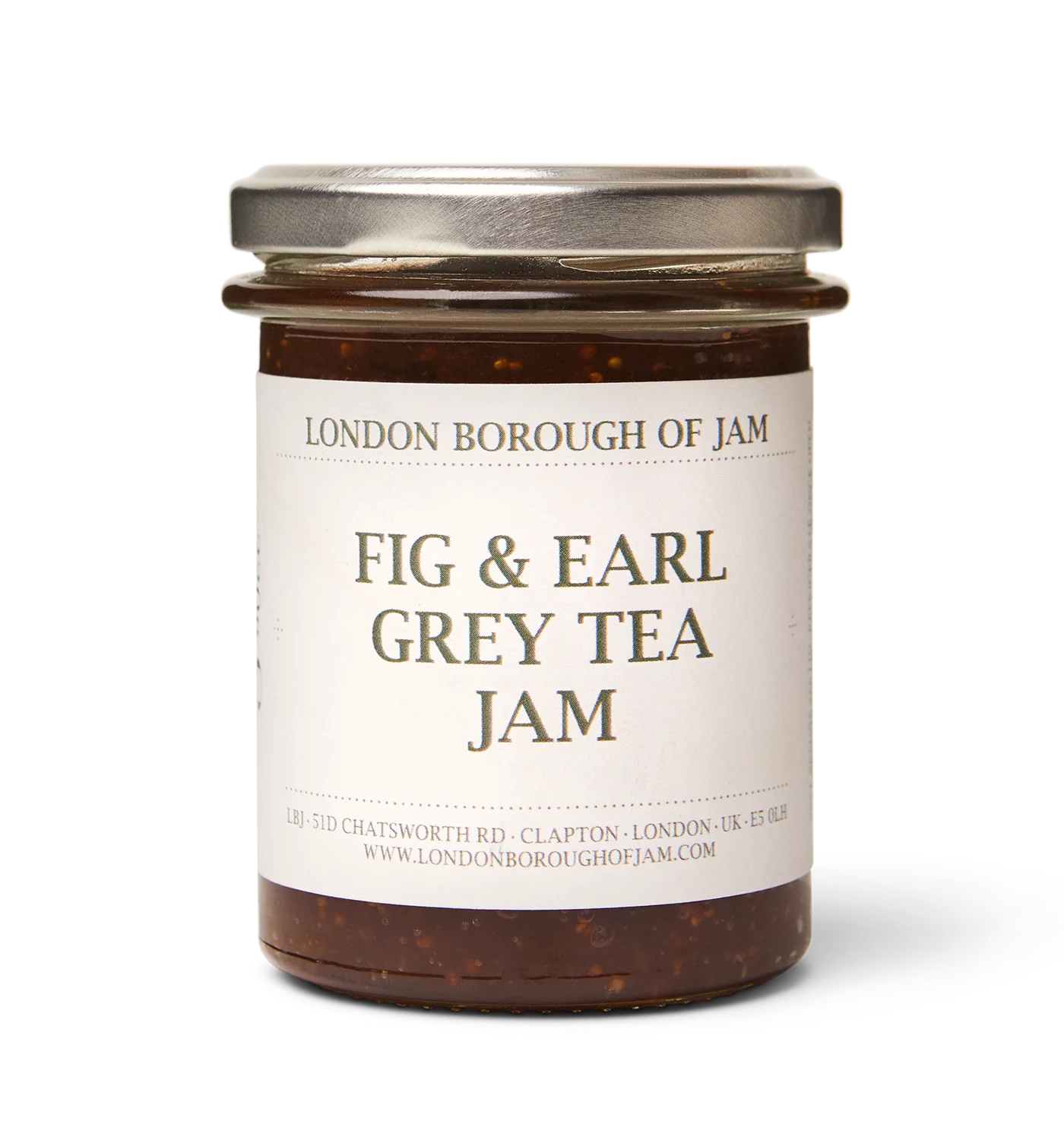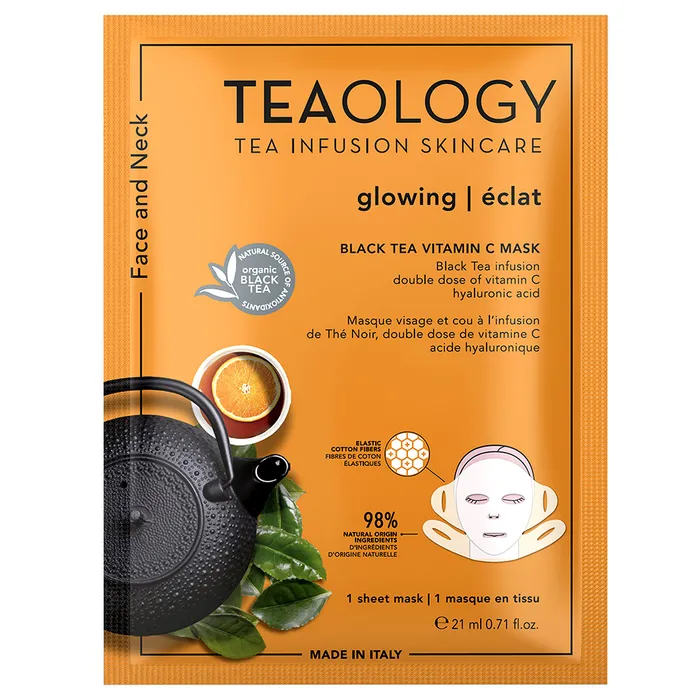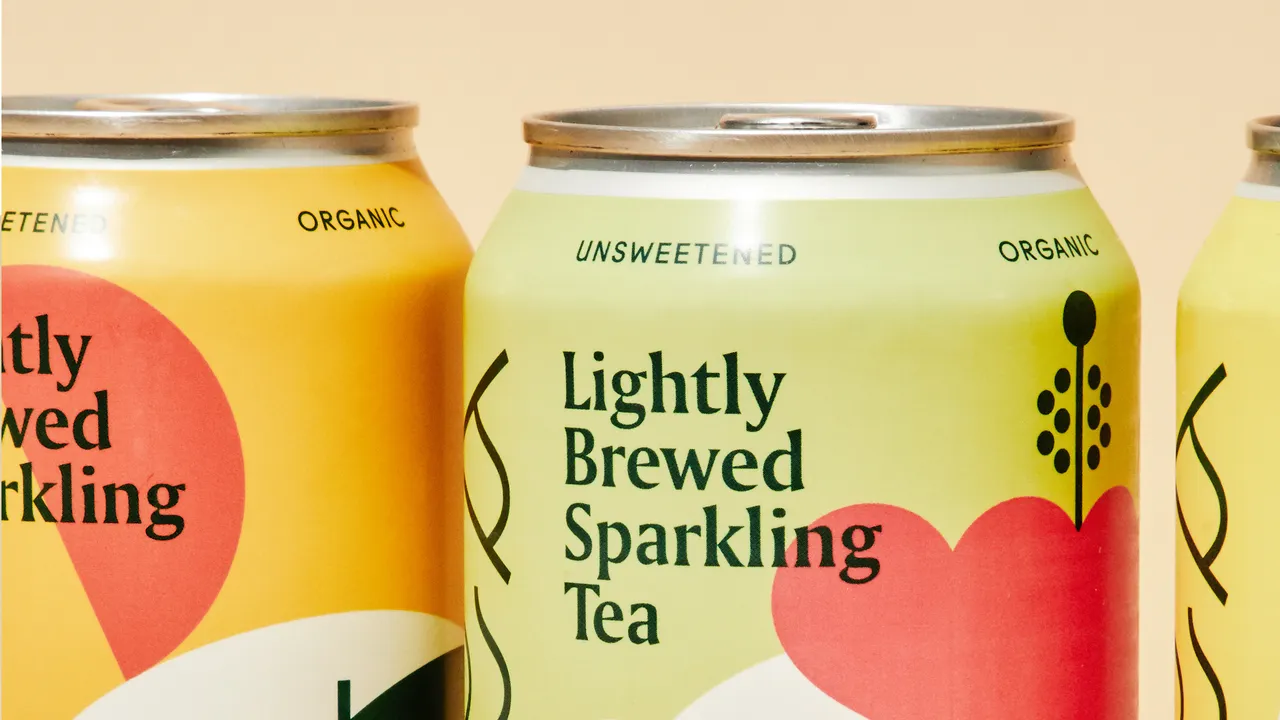Importing the best Kenyan Tea: A useful guide to key procedures.
- Christine
- Sep 3, 2021
- 6 min read
Updated: May 15, 2025
If you're considering importing tea from Kenya to Africa, Europe, Middle East, CIS, or elsewhere, it's essential to understand the import process, from product sampling to final shipment.
Here's a useful guide we've utilised to help tea importers successfully navigate the involved steps.

What is the best Kenyan tea? You decide.
The global demand for tea continues to grow driven by its perceived health benefits, convenience, and wide availability. This growth includes various tea categories, ranging from traditional blends like Kenyan, Indian, and Ceylon breakfast teas to ready-to-drink beverages, catering teas, and specialty blends.
A growing interest in natural (plant based) and functional ingredients has also led to increased experimentation with tea in various food, alcoholic and non alcoholic beverage, confectionery, food supplements, cosmetic and pharmaceutical applications.
Endless Possibilities of Tea Blends Through innovative Products, Ranging from Refreshing Beverages to Indulgent Skincare Treatments
As a tea importer, understanding your market's preference and identifying the right type of tea is crucial for achieving your business goals.
Whether you aim to diversify an existing brand or launch a new business venture, Kenyan tea offers quality and versatility to meet your requirements. Renowned international brands across the United Kingdom, Pakistan, Kazakhstan, Ukraine, Sudan, Saudi Arabia, Nigeria and beyond have embraced Kenyan tea for it's exceptional taste, aroma and consistency.
With it's rich heritage and stringent quality standards, Kenyan tea stands as a premium choice in the global tea market. Quality by nature.
Global Brands Embrace Kenyan Tea: Diverse Range of Brands Incorporating Premium Kenyan Tea into Their Blends
The import process and formalities can differ from one country to another. However, certain common steps and procedures are typically involved:
Selecting a Kenyan tea supplier is a critical step in ensuring the quality and reliability of your tea products. When seeking a supplier, prioritising reputation and reliability is paramount.
Traditionally, recommendations from trusted sources or networking at industry trade shows have been effective methods for finding reputable suppliers. However, the impact of the COVID-19 pandemic, war in Ukraine, and resulting food and energy crises, surging inflation, debt tightening, as well as the climate emergency — battered the world economy in 2022.
With the economic downturn facing many companies in recent years, many exhibitions, have been scaled down and experienced reduced attendance.
In response to these challenges, the majority of tea buyers and suppliers have turned to online channels for initial contact and communication. Fortunately, Kenya's tea industry has adapted well to this shift, making it relatively easy to verify the credibility of potential suppliers through online platforms and communication channels.
When evaluating potential suppliers, it is essential to ensure that they meet specific criteria for tea exporting. This includes being a registered member of the Tea Directorate of the Agriculture & Food Authority (AFA) and an EATTA buyer member at the Mombasa tea auction. These credentials serve as indicators of a supplier's compliance with industry standards and regulations.
Once contact has been established with a supplier, the next crucial step is to identify a tea blend that aligns with the preferences and requirements of your target market. This may involve sampling various blends to determine the desired combination of flavour, aroma, and quality for your customers.
2. Identifying the best Kenyan tea for your market
When selecting the best Kenyan tea for your market, it's essential to understand that tea suppliers often offer blends tailored to different regions and consumer preferences.

These standardised blends, identifiable by specific characteristics and packaging, cater to the unique tastes and preferences of each market.
For example, in Egypt, popular blends may consist of a desirable CTC (Crush, Tear, Curl) blend, such as a mix of PD (Pekoe Dust) and D1 (Dust 1), or a blend of Kenyan PF1 tea grade (Pekoe Fanning 1) and PD, typically packed in 60kg bags. These blends are famous for their flavour and the glassy red brews they produce.

In contrast, Middle East markets like Kuwait may prefer Orthodox tea varieties, such as OPA or Pekoe, packaged in paper 30kg sacks.
These teas, light and fragrant are usually paired with herbs and spices such as mint, saffron, cardamom or cinnamon.
Importers are encouraged to provide samples of desired blends along with key characteristics they require; colour, taste, and aroma. A deep understanding of this allows suppliers to tailor the tea to meet the specific preferences of your target market.
Kenyan tea manufacturers will work with you to curate blends tailored to your market's preferences, whether for a strong cup, milk tea, or a subtle flavour profile. We encourage close collaboration with our tea masters and blenders to enhance the appeal and success of your product offerings. Your brand's journey is also ours.
3. Options for Tea Packaging: Bulk or Private label tea packaging?
When considering tea packaging options, it's crucial to be aware of the varying customs regulations regarding imported tea. Tea suppliers should offer flexible packing solutions to accommodate these regulations and meet your specific needs.
Bulk packaging options, such as 30kg or 60kg sacks, allow for easy re-packing, branding, and marketing according to your requirements. Alternatively, suppliers may offer pre-packaged solutions, including Kenyan tea packed in tea bags (single or double chamber) or loose packing (100g, 200g, etc), ready for distribution in your market.

In some cases, tea bags may be packed in bulk volumes, such as clear pouches, and shipped to a country where they can be re-packed into cartons.
These packaging options are available for both regular black tea and flavoured tea varieties, providing flexibility to suit your importing needs.
4. Tailored Kenyan tea samples blended with your customer in mind
We understand the importance of providing tea blends that align with your customers' preferences. That's why we offer customised Kenyan tea samples designed exclusively to meet your requirements. Whether it's a robust, delicate, or a unique blend, we tailor our samples to suit your market needs
In the initial stages, clear images and videos showcasing Kenyan tea blends can be shared via WhatsApp or email, allowing you to visualise the quality and characteristics of the leaf, infusion and liquor.
Additionally, our Tea Master is available to describe the unique attributes of each blend, ensuring clarity and transparency in the selection process. The video below shows our Tea Master describing the basic tea characteristics of a specific blend to a client in Yemen.

Once we understand your specific requirements, we will provide samples that closely match your preferences.
We will also offer 2 / 3 more enhanced samples within your budget, or our tea master can assist and create a bespoke blend based on their extensive experience for different market needs.
This ensures that you have a comprehensive selection to choose from, empowering you to make an informed decision after evaluating the samples.

To ensure compliance with import regulations, physical samples are air-couriered by the international company DHL along with a phytosanitary certificate for the final pre-shipment approval.
This certificate signifies adherence to specified import requirements, preventing any delays or rejections by customs.
It's essential for importers to stay informed about any new rules, regulations and customs duties in their country to facilitate a smooth customs clearance process.
For commercial food imports to the American market, it's necessary to file a Prior Notice with the FDA and register as a foreign manufacturer or distributor. Our team can assist you in navigating these requirements to ensure seamless importation.
Once the samples are approved, we proceed to discuss and agree upon commercial terms, ensuring clarity and mutual understanding before finalising the transaction.
5. Finalising Partnership Terms: Securing your Agreement with a Kenyan tea supplier
Once you've confirmed the desired sample and all supplier terms, it's time to formalise the partnership with a signed contract, typically a Proforma Invoice. This document outlines the agreed-upon terms, including the shipment details based on the pre-approved sample and adherence to payment terms.
In terms of payment, while specifics may vary, Kenyan tea suppliers generally operate under the same terms. This involves an initial 30% advance payment, with the remaining 70% balance settled against shipping documents.
These include:
Bill of Lading (BL) - Receipt and contract for goods shipment
Packing List - Detailed inventory of shipment contents
Commercial Invoice - Detailed sales document for customs
Phytosanitary Certificate - Certifies plant product compliance
Health Certificate - Confirms food product safety
Certificate Of Origin - Confirms product's country of origin
It's important to note that Kenyan tea transactions are conducted in US Dollars (USD), ensuring clarity and consistency in financial dealings.
6. Efficient Logistics: Importing Kenyan Tea from Mombasa


Navigating the import process is made seamless as suppliers facilitate crucial documentation, ensuring smooth customs clearance.
With detailed attention to import entry documents and other essential paperwork, your shipment will progresses swiftly towards its destination.
Finally, reputable Kenyan tea suppliers prioritise consistency and quality, fostering enduring partnerships. By enforcing strict quality control quality, they guarantee that only the finest Kenyan tea reaches international markets, establishing a foundation for sustained success.
Embark on your journey today by entrusting us with your Kenyan tea requirements, and unlock a world of unparalleled quality and a product your customers will love.





















